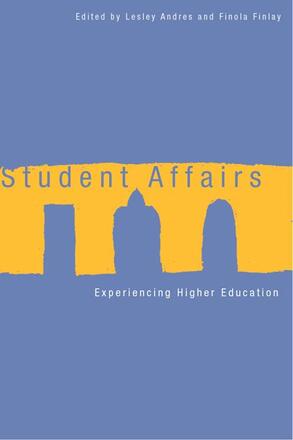
This collection reveals how much institutional change has occurred in the social organization of postsecondary education, and how much more change is required to achieve equitable access and inclusion.
Description
These research studies extend current understandings of what it is to be a student in higher education by embracing the dynamic relationship between students as agents and institutions as living structures which impact on their lives. Focusing on the diverse experiences of today’s non-traditional and traditional students, researchers explore how and why institutional rhetoric of inclusion, engagement, gender, and access may or may not be reflected in the reality of students’ experiences. Student Affairs moves from theory to application by suggesting realistic strategies for addressing the challenges surrounding the interrelation of students and institutions.